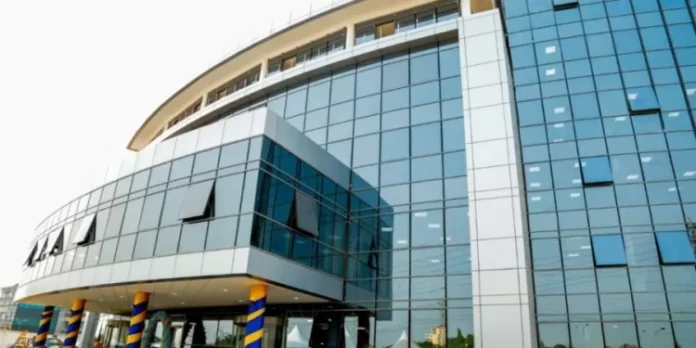The legal troubles facing Dr. Mustapha Abdul-Hamid, former Chief Executive Officer of the National Petroleum Authority, have intensified significantly as prosecutors filed amended charges today that more than double the counts against him and nine co-accused.
The Office of the Special Prosecutor revealed in court this morning that ongoing investigations have uncovered additional evidence, pushing the total charges from 25 to 54. The case, Republic v. Mustapha Abdul-Hamid and Nine Others, now involves allegations of extortion, abuse of office, and money laundering on a scale that prosecutors say reaches into hundreds of millions of cedis.
According to a charge sheet reviewed by The High Street Journal, the accused allegedly extorted funds from bulk oil transporters and marketing companies while operating under the cover of official National Petroleum Authority duties. Prosecutors claim the money was then laundered through property purchases, logistics firms, and various business fronts designed to obscure the funds’ illicit origins.
The financial scope of the alleged scheme is substantial. Prosecutors now claim the total involved amounts to GH¢291.57 million and US$332,407. Assets including fuel stations, trucks, houses, and land valued at over GH¢100 million have already been frozen pending trial outcomes.
What the expanded charges suggest is that investigators may have traced a wider network of transactions than initially suspected. That could strengthen the prosecution’s case, but it also means defense attorneys face a considerably more complex task in challenging the evidence.
The accused include senior National Petroleum Authority officials alongside executives from companies such as Propnest Limited, Kel Logistics Limited, and Kings Energy Limited. All have entered not guilty pleas to the charges against them.
The timing of these developments carries political weight. Ghana’s anti-corruption efforts have faced mounting criticism recently, with observers questioning the government’s commitment to holding powerful figures accountable. This case expansion could represent a signal that authorities are serious about pursuing major corruption allegations, though skeptics will note that charges don’t equal convictions.
For the defendants, the path ahead has become steeper. Defense teams must now contend with nearly twice the original number of charges, each requiring its own evidence and argumentation. The prosecution’s decision to file amended charges suggests investigators believe they’ve uncovered additional money trails that weren’t visible during the initial investigation.
The case continues to draw attention not just for its size but for what it represents in Ghana’s broader fight against corruption in the petroleum sector. How it unfolds in court will likely influence public perception of whether the country’s anti-corruption mechanisms can effectively tackle allegations involving senior officials.
The accused remain entitled to the presumption of innocence as the case proceeds through the legal system. With 54 charges now on the table, however, the trial promises to be lengthy and complex, testing both prosecution and defense resources over the coming months.
Source: newsghana.com.gh











